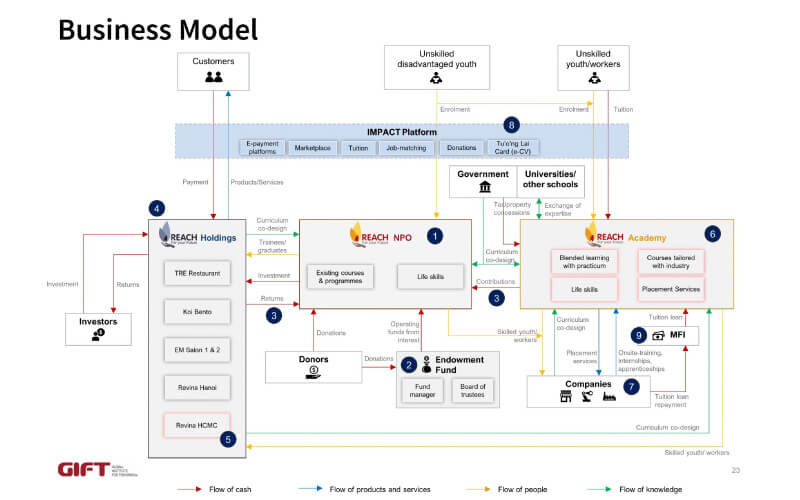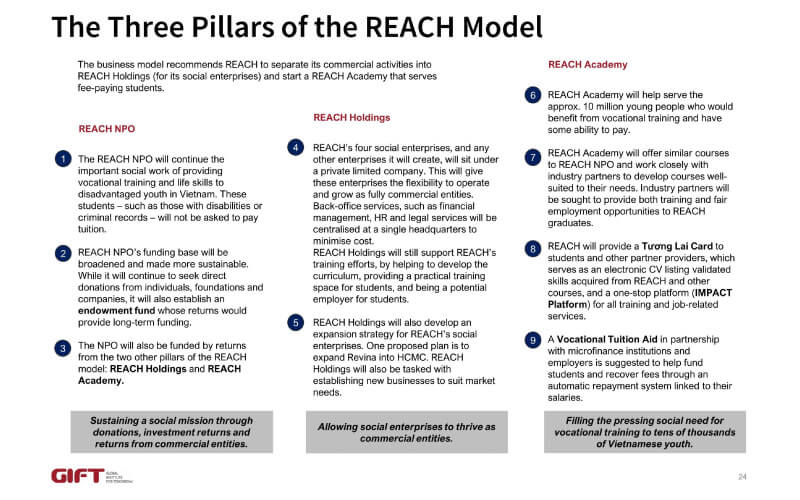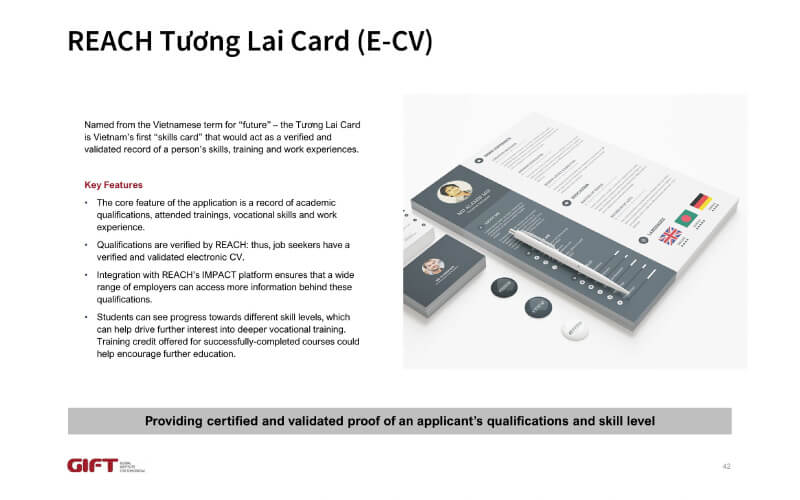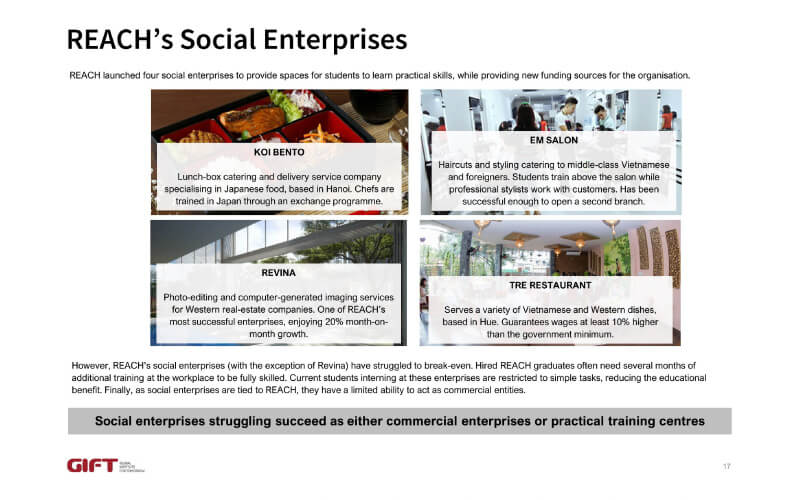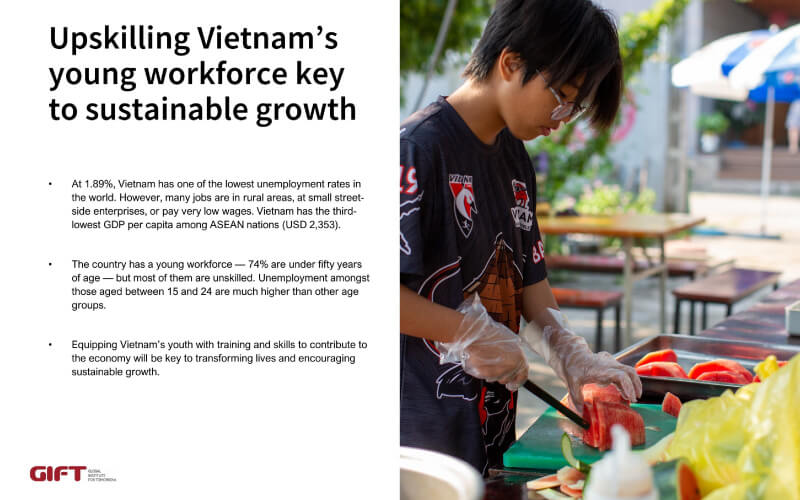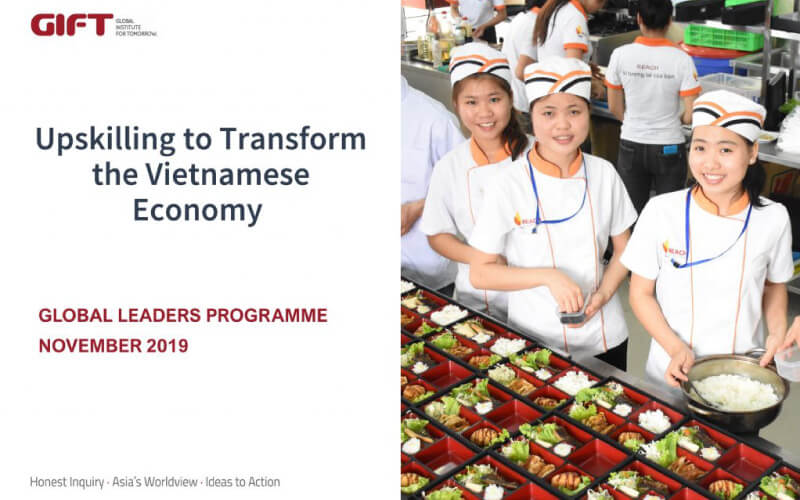The COVID-19 pandemic is challenging long-held beliefs in economics and business that people have held for decades. As economies pause and support systems come under strain, returning to "business as usual" looks less possible by the week.
In New Models for a New World, our new series of blog posts, we return to some of our recent project outputs and the lessons they provide for today regarding economic development, sustainability and business opportunities. The COVID-19 pandemic reveals new challenges. GIFT's project outputs provide lessons on how to resolve them.
“Vietnam’s development over the past 30 years has been remarkable.” That was the judgment of the World Bank on one of the world’s fastest growing economies. Vietnam’s economy grows at an annual rate of about 6-7%, and 74% of its labour force is under 50 years of age: one of the world’s youngest workforces.
Vietnam’s excellent management of the COVID-19 pandemic shows its success at governance.
The social contact and social solidarity, evidenced by people’s adherence to strict quarantine policies, has led to an enviable record, even compared to other “successes”. With only 325 confirmed cases and 0 deaths, Vietnam not only compares well to wealthier countries challenged by the virus (such as the United Kingdom), but even to other success stories, like South Korea (with 12,300 cases and 280 deaths).
Vietnam still has considerable room to develop. The World Bank reports that the country does not have enough workers match the demands of the job market. Vietnam’s IT, tourism, construction, infrastructure, manufacturing, and agribusiness sectors are expanding, and Vietnam is a potential beneficiary from trade tensions between the United States and China: foreign direct investment increased by 9.1% in 2018.
Yet only 21% of Vietnam’s workforce has had more than three months of training. Vietnam’s low unemployment rate at 2.2% masks the fact that many jobs are low-paying and rural. Current estimates suggest that the country needs 150,000 more IT workers to meet demand.
Time for a Rethink: Yoma REACH Model
REACH, a fast-growing Vietnam-based non-profit, is helping Vietnam realise its economic potential. REACH trains over 1,000 students annually, often from vulnerable or under-privileged backgrounds and between the ages of 16 and 30. REACH has, to date, trained 17,000 students and placed 80% of them in jobs.
Despite their relative success, REACH’s attempts to expand the upskilling of the young, under-skilled Vietnamese workforce has been constrained by its funding and operational model. Since it was reliant on approximately $1 million USD annually from corporate donors, its reach and impact were limited. GIFT facilitated a programme in Hanoi aimed at producing business recommendations to ensure the NPO becomes more financially sustainable.




